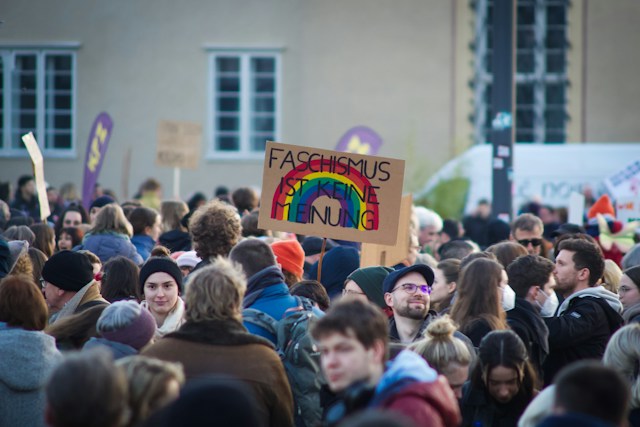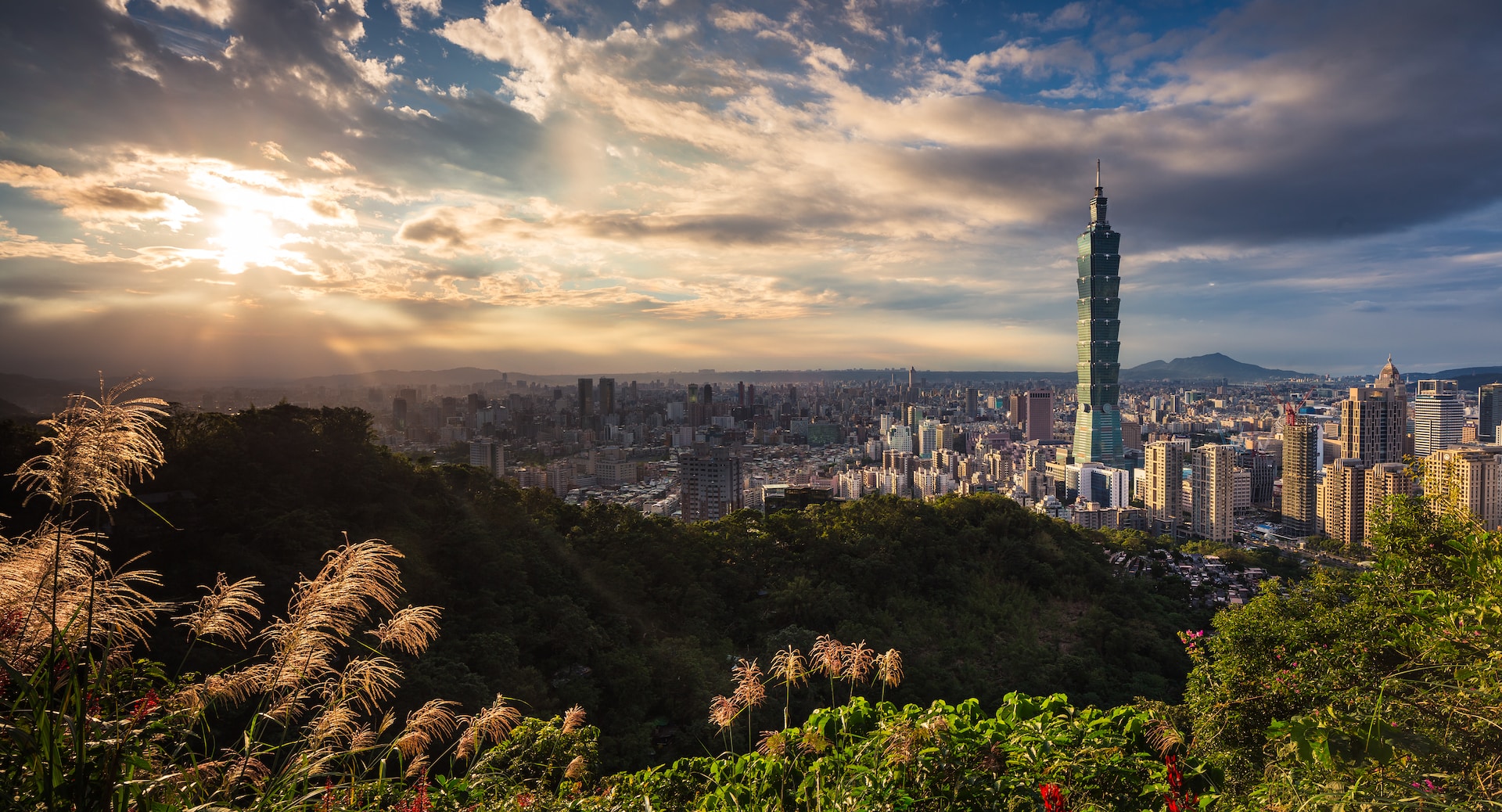Year of the dragon in our global Chinatown
Here’s the full version of the Feb7 This Week, Those Books. Sign up for free at https://thisweekthosebooks and get the post the day it drops
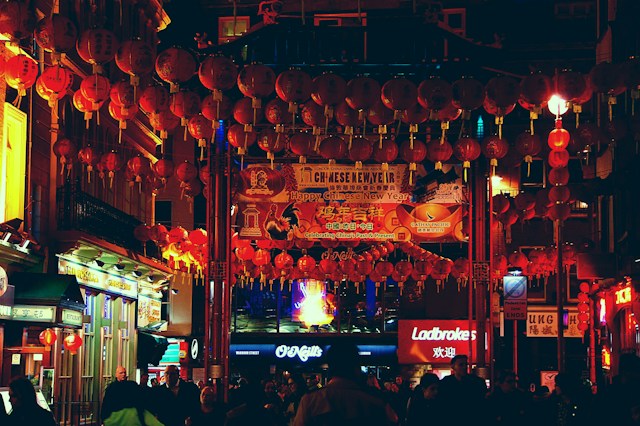
Welcome to This Week, Those Books, your rundown on books new and old that resonate with the week’s big news story.
The few minutes it takes to read this newsletter will make you smarter, faster. Or click on the audio button above for a human, not AI, voiceover by my close collaborator Michael. These book suggestions come with a summary and quotes. So even if you don’t read the actual book, you’ll be able to discuss it. I never recommend a book I don’t like and I look through a number every week to find the few I share with you. Find me on Twitter, LinkedIn, Facebook or YouTube.
Another book giveaway at over 7,000 subscribers!
We’re celebrating YOU, fabulous reader, as we hit a milestone: More than 7,000 subscribers in 99 countries. Grab your chance to win Takeaway by Angela Hui (featured below). To enter the competition, answer just one question: what animal are you in the Chinese horoscope? (Hint: Click here if you’re not sure.) Please comment below and your name will be entered in the competition to win the book. Deadline for entries: February 22. Hurry!
Yours,

The Big Story:
Celebrations to mark the new lunar year of the dragon begin February 10 across China and much of the world.
- In China, they call it Spring Festival. In Vietnam, it’s Tet; Tibetans call it Losar.
- Across the globe – from San Francisco to Paris to Kampala – the year of the dragon will be marked by parades, dances, drums, red lanterns, colourful floats, fireworks and food. London, England claims to host “the biggest Chinese New Year celebrations outside Asia”. Local variations outside China abound, with Barcelona’s Chinese new year parade, for instance, featuring dracs, a Catalan species of dragon.
- The Chinese government says it wants to celebrate “with the world” and that the festival has become a global cultural event, bringing joy to people in nearly 200 countries and regions.
- It’s true China’s influence is now felt around the world, creating a global Chinatown. But some, like sinologist David Shambaugh say China is “not a model, not a magnet others want to follow“.
- Just weeks ago, a campaign for United Nations recognition of lunar new year as an optional staff holiday globally ended in success.
- One of the best known greetings for Chinese New Year is “kung hei fat choi”, which literally means “Wishing you prosperity”.
- That’s what luxury fashion companies, including Prada, Burberry and Moschino hope, with their special year-of-the-dragon collections honouring Chinese culture.
The Backstory:
- In 2011, the Chinese Communist Party declared it a national priority to become a cultural superpower.
- The lunar new year is the oldest, most important traditional festival in Chinese culture.
- Each new year is represented by one of the 12 animals of the Chinese zodiac. The dragon, the only mythological one, is a symbol of courage, power and good fortune.
This Week, Those Books:
- China summed up.
- A sumptuous Chinese feast.
- And a diaspora takeaway.
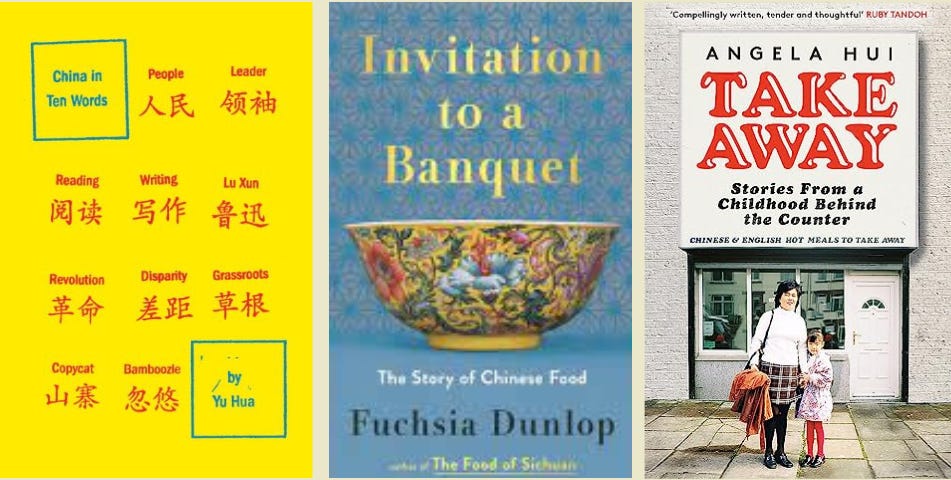
- China in Ten WordsBy Yu HuaPublisher: AnchorYear: 2011
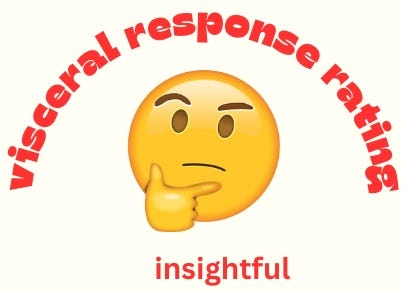
A collection of brilliant essays by one of China’s bestselling writers, who tries to decode 21st century China.
Novelist Yu Hua, who will be 64 this year, lived through Mao’s Cultural Revolution and still resides in China. That’s despite this searing non-fiction book, in which Yu uses 10 words to give him “ten pairs of eyes with which to scan the contemporary Chinese scene from different vantage points”. That scan reveals a “morally compromised nation”, one in which words are devalued. ‘People’, for instance, the very first chapter heading. It “has become nothing more than a shell company, utilized by different eras to position different products in the marketplace”. The other nine words are: “Leader”, “Reading”, “Writing”, “Lu Xun”, “Revolution”, “Disparity”, “Grassroots”, “Copycat” and “Bamboozle”. Yu writes “in these pages of personal pain and of China’s pain”, serving as “a bus driver who drives back and forth along the same route, my starting point is also my last stop”. Occasionally, his “busload of stories…pulls over at junctions with politics, history, society, and culture”.

- Invitation to a Banquet: The Story of Chinese FoodBy: Fuchsia DunlopPublisher: W. W. Norton & CompanyYear: 2023

Fuchsia Dunlop was at the BBC World Service in London the same time as me but left to pursue the sublime delights of Chinese gastronomy. Often described as the first Westerner to train at the Sichuan Higher Institute of Cuisine (since integrated into the Sichuan Tourism University), Dunlop is passionate about the art, craft – and taste – of Chinese cuisine. In this sweeping view of Chinese culinary habits and history, she laments the hypocritical condescension towards China’s food even though it “is an inescapable cultural presence all over the world, from New York to Baghdad, Stockholm to Nairobi, Perth to Lima”. A lovely read.
Choice quote:
“Virtually every nation has its own ‘classic’ Chinese food, from my beloved sweet-and-sour pork balls to India’s chicken Manchurian, Sri Lanka’s hot butter cuttlefish and Sweden’s ‘four little dishes’. As a brand, ‘Chinese food’ has global recognition”.

- Takeaway: Stories From a Childhood Behind the CounterBy: Angela HuiPublisher: TrapezeYear: 2022
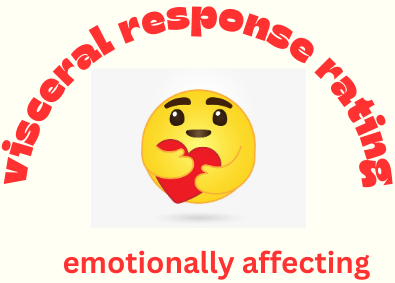
This is yet another side of the global Chinese presence – the diaspora, one of the world’s biggest and oldest. Angela Hui tells an honest but heartwarming story about growing up in her family’s Chinese takeaway restaurant in rural Wales. Where ever in the world you are, there is a similar Chinese restaurant near you. As for the people who run it, Hui tells of feeding the local community but never being wholly included in it. A moving account.

